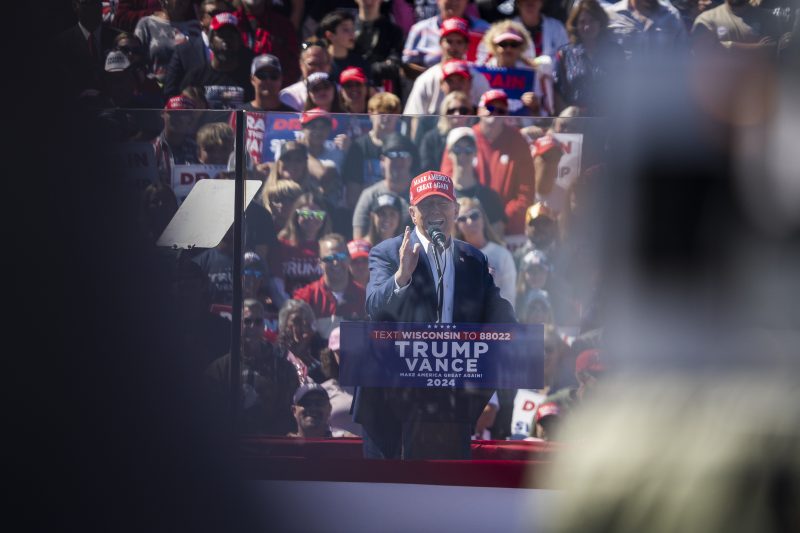In a recent press conference, former President Donald Trump blamed the rhetoric of his political opponents, specifically Joe Biden and Kamala Harris, for creating a dangerous environment that could potentially lead to an assassination attempt. Trump’s statement comes amidst growing tensions and escalating political divisions within the United States.
The former President pointed to what he called divisive language used by Biden and Harris during their campaign speeches and public appearances. Trump claimed that their criticism and attacks against him have incited anger and hostility among their followers, which could manifest in violent actions against him or his supporters.
Many political analysts have criticized Trump’s remarks as baseless and inflammatory. They argue that assigning blame for a hypothetical assassination attempt to political opponents is irresponsible and dangerous, as it only serves to further polarize an already deeply divided nation.
Trump’s statement raises important questions about the role of political discourse and rhetoric in shaping public opinion and behavior. In a democracy, political leaders have a responsibility to engage in civil and respectful dialogue, even when they fiercely disagree on policy issues.
The incident also highlights the need for leaders on both sides of the political spectrum to tone down their rhetoric and focus on bridging the ideological divide that threatens to tear the country apart. Creating a more inclusive and empathetic political culture is crucial to preventing violence and promoting unity across partisan lines.
As the United States grapples with complex challenges both at home and abroad, it is essential for political leaders to set a positive example for their supporters and work towards healing the deep wounds of division that have plagued the nation for far too long. Only through dialogue, understanding, and cooperation can the country move forward and build a more just and equitable society for all its citizens.


























